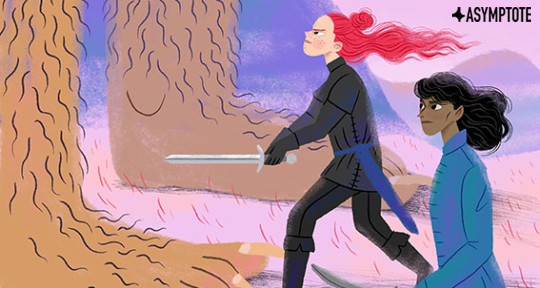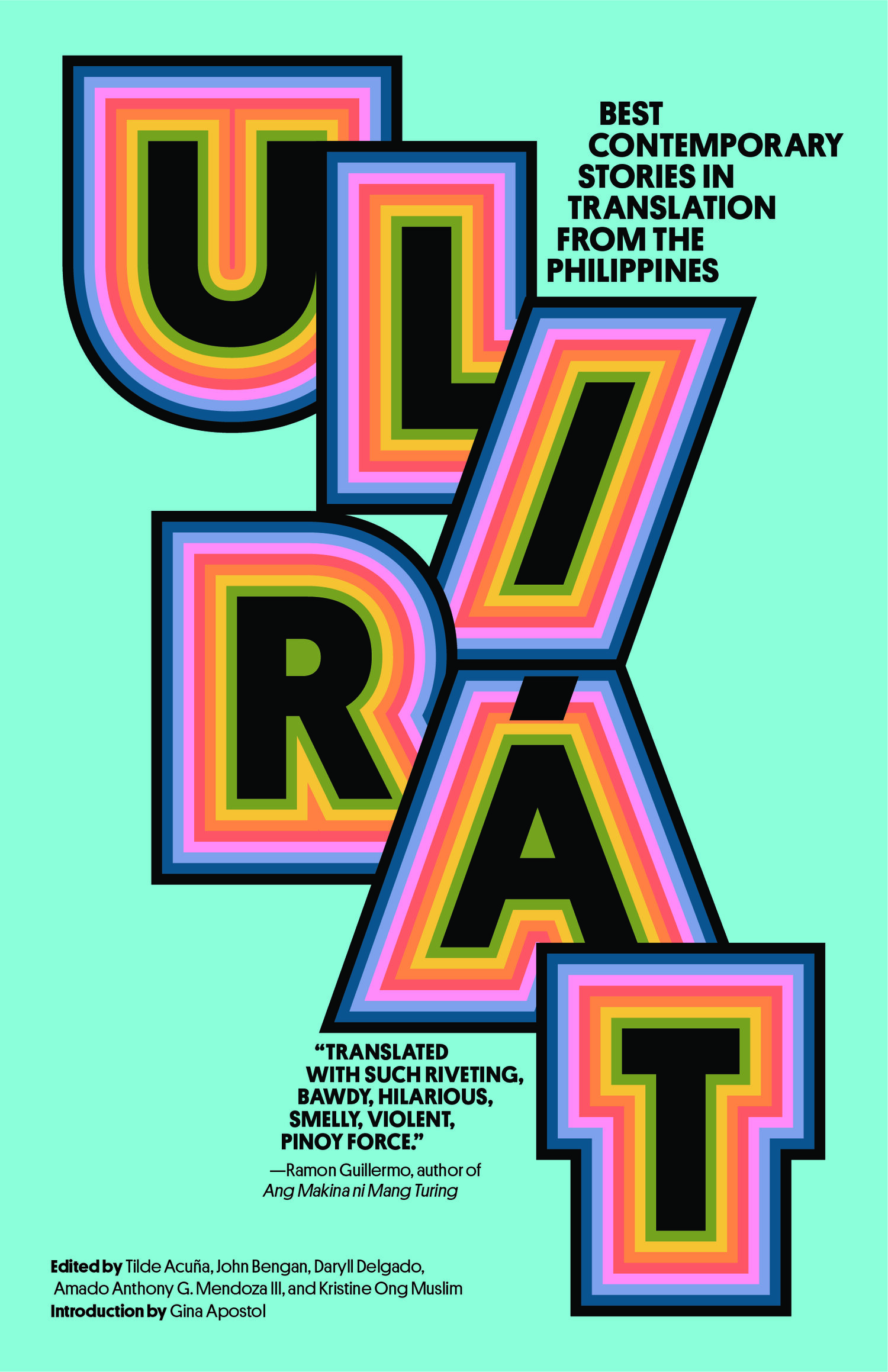Check in every Monday for our weekly list—ten handpicked articles from newspapers and literary magazines across the world.
Nobody Gets to Tell Me How to Stereotype Myself
An excerpt from Jerald Walker’s How to Make a Slave and Other Essays, a finalist for the National Book Award, that demonstrates the literary lesson of writing Blackness, or any marginalized identity, beyond just stereotypes.
Why the funniest books are also the most serious
Self points out that the 2020 Booker Prize longlist comprises grim titles and unfortunately, it always has: comedic authors and books are never taken seriously.
A Dystopian Novel That Challenges Taboos and Refuses Judgment
Stephanie Hayes is all praise for Murata's experimental, rather than didactic, approach towards questioning civil society's understanding of all humans as mere money- and child-making machines; and Murata is a perfect example of how funny and serious compliment each other.
The City and the Writer: In Mexico City with Carmen Boullosa
An interview with one of Mexico's leading litterateurs, translated by Samantha Schnee, about Mexico City: its masked being, its hidden gems, and its literary haunts.
Silencing Tales for Tolerance in Hungary: Wonderland Belongs to Everyone
A Hungarian collection of classic tales that has been retold with characters from marginalized groups is attracting global attention after inviting the Hungarian government's wrath.
The Brilliance of Ann Quin
Joshua Cohen, one of Granta’s Best of Young American Novelists, revisits a novel wherein a British couple devour everything written about them by the recently deceased/disappeared member of their throuple.
Paris Desert, Tokyo Mirage
Two essays from the collection Paris Desert, Tokyo Mirage by Hitomi Kanehara, namely Aiguille and Pute, in Morgan Giles' translation.
A NET, A WEB, A TRAP: ON ‘GLITCH FEMINISM’
R. V. Campbell reviews Legacy Russell’s latest novel which argues that the glitches in the internet can provide a space for transgression of gender binaries, perhaps even beyond the online sphere.
Mrs. Bhat’s Kashmiri Fish Dinner
Through a short story that follows Mrs. Bhat on a stealth mission to the market to buy Kashir gaad (Kashmiri fish), Ather Zia skillfully captures how divisions and the expression of contempt manifest in food.
For Consciousness
Through the Introduction of the anthology, one learns of the history of ground-breaking anthologies in Philippines, as well as a brief impression of each story in the Ulirát anthology and the challenge of curating and publishing them.



















Write a comment ...